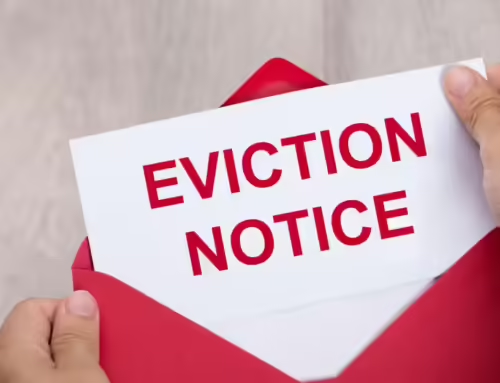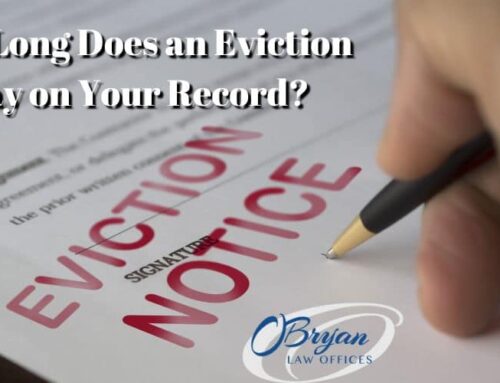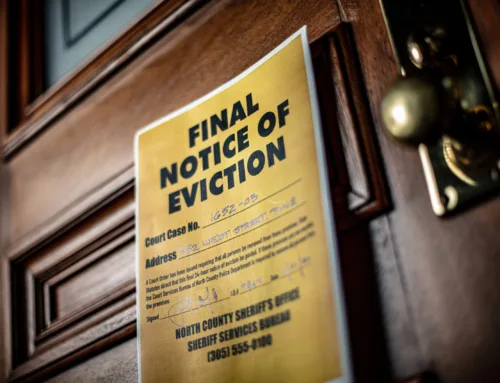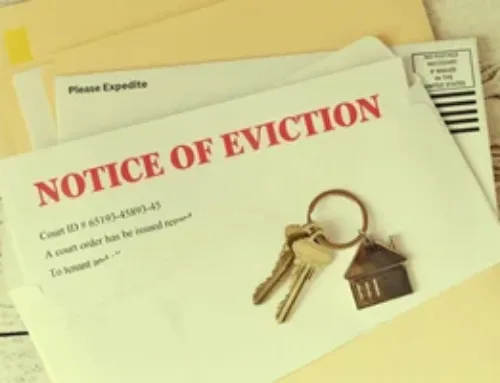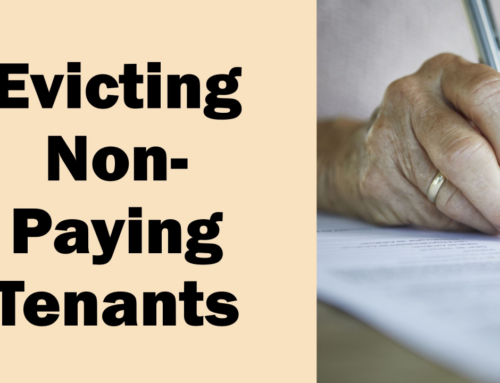Facing eviction can be one of the most stressful experiences for a tenant. The uncertainty of housing, the potential financial consequences, and the emotional toll can feel overwhelming. However, understanding your rights and knowing the steps to take can help you navigate this challenging situation. This blog outlines practical steps to take if you find yourself facing eviction.
1. Understand the Eviction Notice
The first step is to carefully read the eviction notice you received. This document is your formal notification from your landlord that they intend to terminate your lease and reclaim the property. It typically includes:
- Reason for Eviction: Common reasons include non-payment of rent, lease violations, or the landlord’s need to reclaim the property for personal use.
- Deadline: The notice will specify how much time you have to respond or vacate the premises, often ranging from a few days to a month, depending on local laws.
2. Know Your Rights
As a tenant, you have rights that vary by state and locality. Familiarize yourself with these rights to understand your options:
- Right to Contest: You can dispute the eviction if you believe it is unjust or if your landlord did not follow proper legal procedures.
- Habitability Standards: Your landlord is required to maintain a safe and habitable living environment. If the eviction is due to issues like lack of heat or water, you may have a valid defense.
- Legal Protections: Many jurisdictions have laws protecting tenants from retaliatory evictions if they report issues like unsafe living conditions.
3. Communicate with Your Landlord
If you’re facing eviction, open communication with your landlord can be crucial:
- Discuss the Situation: Reach out to your landlord to explain your situation. If you’re experiencing financial difficulties, they may be willing to work with you on a payment plan or temporary rent reduction.
- Negotiate Terms: If you can pay back what you owe, propose a plan that outlines how and when you will make payments. This proactive approach may help you avoid eviction.
4. Seek Legal Advice
If you’re unsure of your rights or how to proceed, seeking legal advice is essential:
- Find a Lawyer: Look for legal aid organizations in your area that offer free or low-cost services to tenants facing eviction.
- Understand the Process: A lawyer can help you understand the eviction process, possible defenses, and what to expect in court.
5. Prepare for Court
If your landlord proceeds with the eviction and takes you to court, preparation is key:
- Gather Documentation: Collect all relevant documents, including your lease agreement, communication with your landlord, and proof of payment history or repairs that were not made.
- Understand Court Procedures: Familiarize yourself with the court process, including how to file a response to the eviction notice and what to expect during the hearing.
6. Consider Alternative Housing Options
While fighting an eviction is important, it’s also wise to explore alternative housing solutions in case the eviction is upheld:
- Temporary Housing: Look for temporary housing options with friends, family, or local shelters.
- Subletting or Roommates: If your lease allows it, consider subletting your space or finding a roommate to help cover costs.
7. Explore Financial Assistance Programs
If financial issues are contributing to your eviction, seek assistance from local programs:
- Rental Assistance Programs: Many local organizations provide emergency rental assistance for those struggling to pay rent.
- Government Aid: Explore government programs that offer financial assistance, such as food stamps, unemployment benefits, or utility assistance.
Conclusion
Facing eviction is undoubtedly a challenging situation, but taking proactive steps can help you navigate the process. By understanding your rights, communicating with your landlord, seeking legal advice, and exploring alternative housing options, you can take control of your situation and work toward a resolution. Remember that you are not alone, and resources are available to support you through this difficult time.
Close on Your Timeline – Get cash when you need it most.
Don’t let your property sit unused any longer. Contact us today for a free, no-obligation cash offer, and turn your property into cash quickly! If you want to know more about eviction and Evictions alternatives options for landlords and tenants you can get more information from this blog too.
FAQs
Q: What should I do if I receive an eviction notice?
A: Carefully read the notice, understand the reason for eviction, and the timeline you have to respond. Communicate with your landlord if possible, and seek legal advice if needed.
Q: Can I fight an eviction?
A: Yes, you can contest an eviction if you believe it is unjust or if the landlord did not follow proper procedures. Consulting with a lawyer can help you understand your options.
Q: How long do I have to vacate the property after receiving an eviction notice?
A: The timeframe varies by state and the reason for eviction, but you typically have anywhere from a few days to a month. Check your notice and local laws for specific timelines.
Q: What resources are available for tenants facing eviction?
A: Many local organizations offer legal aid, rental assistance programs, and support for tenants facing eviction. Research resources in your area for help.
Q: What happens during an eviction court hearing?
A: During the hearing, both you and your landlord will present your case. The judge will review the evidence and make a ruling on whether the eviction will proceed.
By taking these steps, you can better prepare yourself for the challenges of eviction and work towards a positive outcome.




